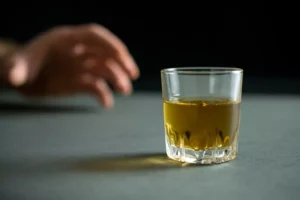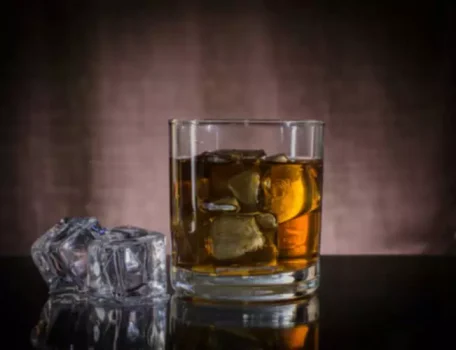Ryan returned to school and completed his Master’s Degree in Mental Health Counseling. When he started working with those suffering from addiction and PTSD, he found his passion. Choose recovery and take control of your life, it’s the path to a brighter future filled with health, happiness, and fulfillment.
Prescription Opioid Abuse Causes

The release of dopamine in the brain reinforces the pleasurable experience, making individuals more likely to seek out these substances again. This association can be particularly challenging for recovering alcoholics, as sugar cravings can trigger a relapse or hinder recovery efforts. Recovering alcoholics often experience intense cravings for sugar, and understanding the factors that contribute to these cravings can shed light on this phenomenon.

Stress Reduction
Although the exact cause of alcohol use disorder is unknown, there are certain factors that may increase your risk for developing this disease. In everyday terms, this means that sugar alcohols may make you poop. Again, this is because your stomach can’t absorb sugar alcohols, which can cause them to linger in your intestines and ferment. High levels of xylitol and erythritol can send your platelets into overdrive.
Effects of Sugar and Alcohol on the Brain

If you or someone you know needs rehabilitation for alcoholism, a treatment facility like Steps to Recovery should be the first place you call. Sweets are a decent snack occasionally, but recovering addicts should be more focused on combating their nutritional deficiencies with healthy snacks, meals, and drinks. So no, sugar cravings aren’t bad on do alcoholics crave sugar their own, but they can lead to negative consequences, and other snacking options provide more benefits while recovering. Another strategy is the use of complex carbohydrates, such as whole grains and legumes. These foods are digested slowly, providing a steady energy source and helping to keep blood sugar levels stable, thus reducing cravings.
- So instead of consuming sugar, what other options do recovering addicts have?
- Although it may seem challenging, even impossible, to make changes once alcohol becomes intertwined with many aspects of one’s life, breaking free is possible.
- Seeking professional support and therapy can assist in developing effective strategies for emotional regulation and reducing reliance on sugar.
- The team observed similar results when they analyzed the electronic health records of approximately 600,000 people with type 2 diabetes.
- These foods are not only nutritious but can also help regulate blood sugar levels and keep sugar cravings at bay.
A person may consume large amounts of sugar, experience a withdrawal period when trying to cut back, and then have intense cravings for more sugar. Discover the crucial role of aftercare in the substance abuse recovery process and prevent relapse. When they’re no longer getting their “sugar fix” from alcohol, they seek it elsewhere. Unfortunately, satisfying sugar cravings can prolong recovery and lead to other medical complications.
- Besides its two pleasant party tricks, alcohol has another two secret tricks hidden up its sleeve that hijack our brains.
- Alcoholism is a complex disorder affecting millions of people all over the world.
- By stabilizing blood sugar levels, reducing mood swings, and enhancing overall well-being, proper nutrition can contribute to decreased cravings for sugar and alcohol.
- First, it reduces blood sugar, causing the body to seek sugar from other sources.
- Explore the benefits of inpatient treatment, from 24/7 support to high success rates, for a solid recovery.
- The liver is a vital organ involved in the metabolism and detoxification of alcohol.
Consulting a healthcare professional or registered dietitian can provide personalized guidance on meeting nutritional needs during recovery. Understanding the relationship between alcohol addiction and sugar cravings is crucial for individuals in recovery. The connection between these two phenomena can be complex and multifaceted. In this section, we will explore the nature of alcohol addiction and the relationship it has with sugar. Furthermore, the brain’s association between sugar and the pleasurable effects of alcohol can contribute to increased cravings for sugary foods and drinks during recovery.

This is particularly challenging for individuals already struggling with alcoholism, as they may have developed a tolerance to the pleasurable effects of alcohol. As a result, sugar cravings can arise as a means to compensate for the dopamine deficiency caused by the removal of alcohol. Understanding why recovering alcoholics crave sugar entails examining the psychological factors involved.